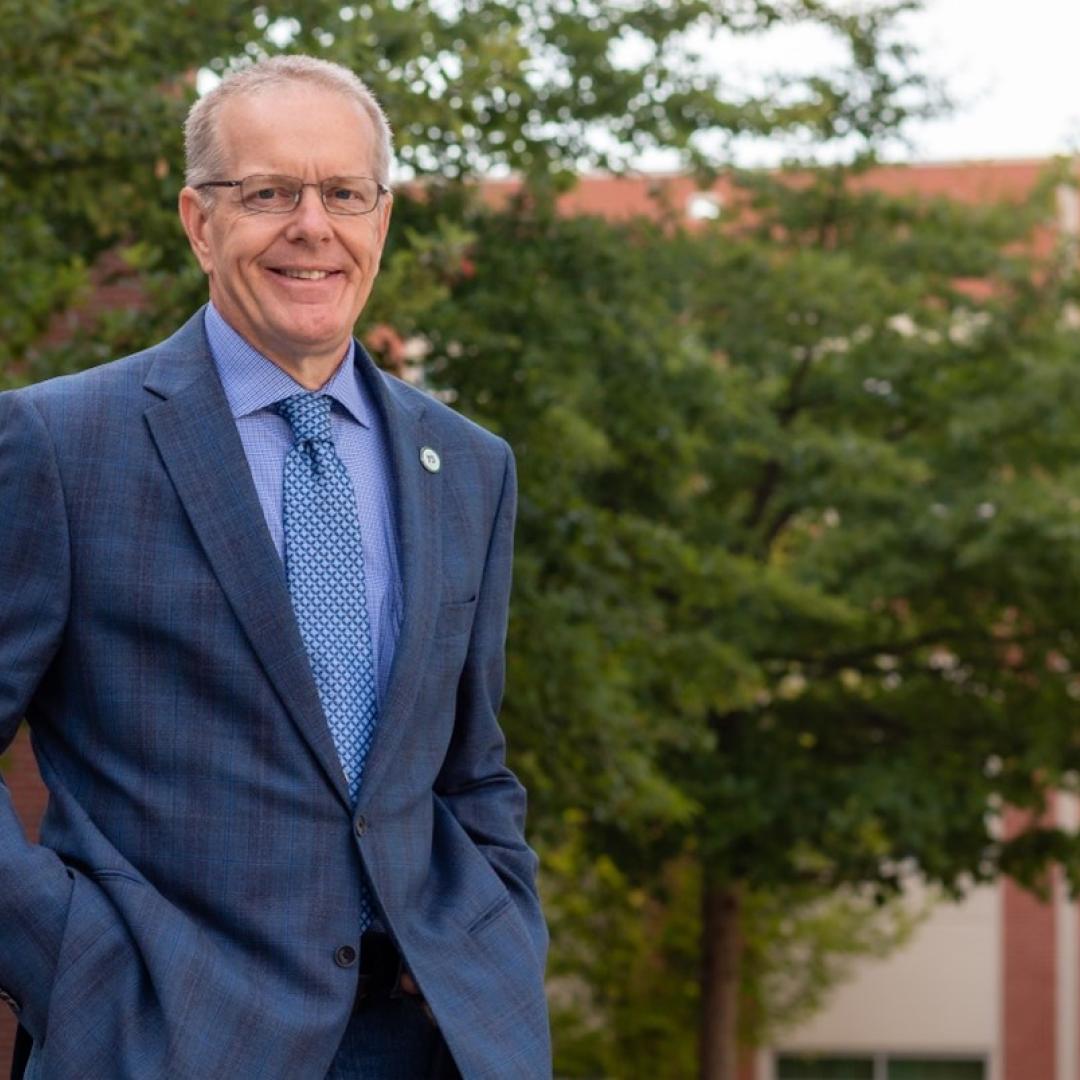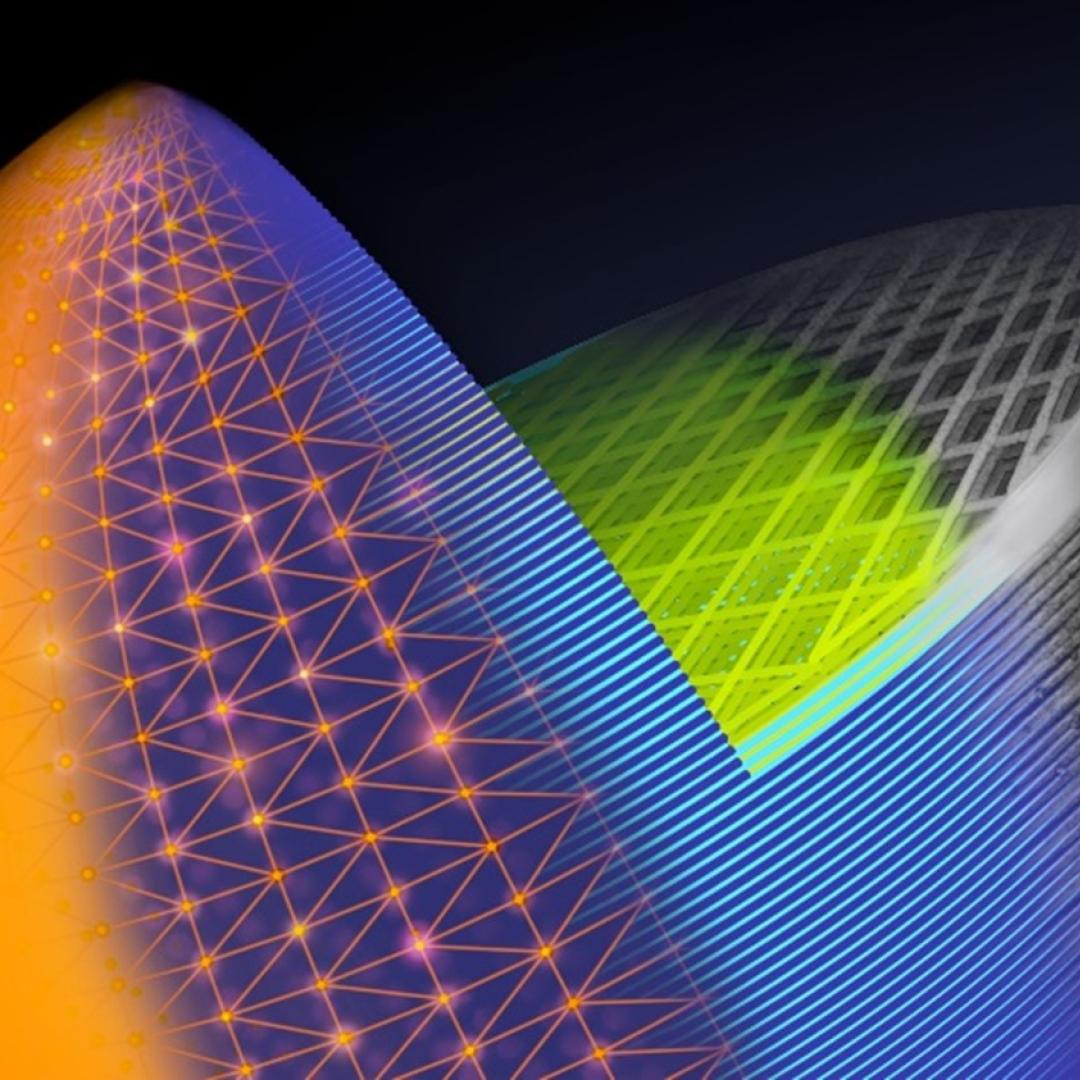
Filter News
Area of Research
News Topics
- (-) 3-D Printing/Advanced Manufacturing (12)
- (-) Advanced Reactors (3)
- (-) Artificial Intelligence (22)
- (-) Bioenergy (10)
- (-) Clean Water (3)
- (-) Climate Change (20)
- (-) Fusion (5)
- (-) Grid (6)
- (-) Neutron Science (10)
- (-) Security (2)
- (-) Transportation (12)
- Big Data (8)
- Biology (11)
- Biomedical (5)
- Biotechnology (5)
- Buildings (13)
- Chemical Sciences (12)
- Composites (4)
- Computer Science (18)
- Critical Materials (4)
- Decarbonization (20)
- Education (1)
- Emergency (1)
- Energy Storage (8)
- Environment (18)
- Exascale Computing (5)
- Fossil Energy (2)
- Frontier (6)
- High-Performance Computing (13)
- Isotopes (11)
- ITER (1)
- Machine Learning (8)
- Materials (14)
- Materials Science (14)
- Mathematics (2)
- Microelectronics (1)
- Microscopy (2)
- Nanotechnology (2)
- National Security (14)
- Net Zero (5)
- Nuclear Energy (9)
- Partnerships (12)
- Physics (4)
- Polymers (5)
- Quantum Computing (10)
- Quantum Science (12)
- Simulation (12)
- Space Exploration (3)
- Statistics (2)
- Summit (4)
- Sustainable Energy (16)
Media Contacts
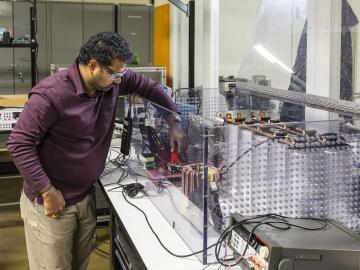
Scientists at ORNL are looking for a happy medium to enable the grid of the future, filling a gap between high and low voltages for power electronics technology that underpins the modern U.S. electric grid.
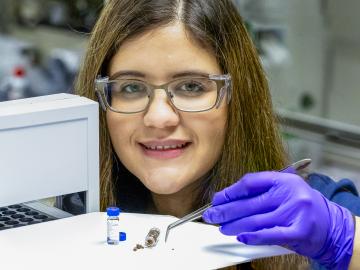
Ilenne Del Valle is merging her expertise in synthetic biology and environmental science to develop new technologies to help scientists better understand and engineer ecosystems for climate resilience.
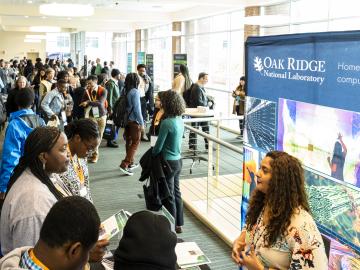
ORNL and the University of Tennessee, Knoxville, co-hosted the 2023 National Society of Black Physicists Annual Conference with the theme "Frontiers in Physics: From Quantum to Materials to the Cosmos.” As part of the three-day conference held near UT, attendees took a 30-mile trip to the ORNL campus for facility tours, science talks and workshops.
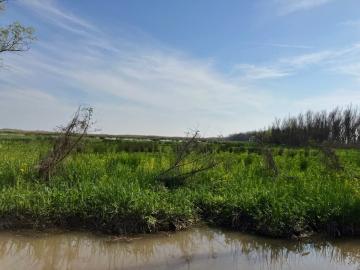
Scientists at the Department of Energy’s Oak Ridge National Laboratory are using a new modeling framework in conjunction with data collected from marshes in the Mississippi Delta to improve predictions of climate-warming methane and nitrous oxide.
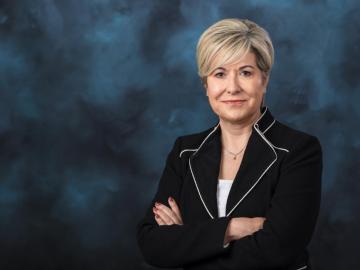
Gina Tourassi, associate laboratory director for computing and computational sciences at the US Department of Energy’s (DOE’s) Oak Ridge National Laboratory, has been named a fellow of the Institute of Electrical and Electronics Engineers, the world’s largest organization for technical professionals.
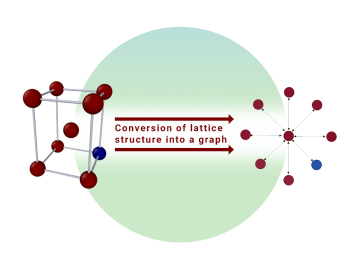
Researchers at the Department of Energy’s Oak Ridge and Lawrence Berkeley National Laboratories are evolving graph neural networks to scale on the nation’s most powerful computational resources, a necessary step in tackling today’s data-centric
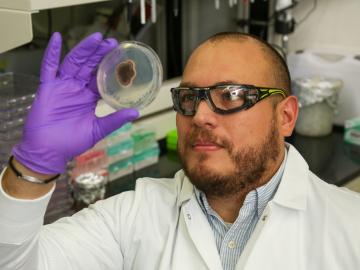
New computational framework speeds discovery of fungal metabolites, key to plant health and used in drug therapies and for other uses.
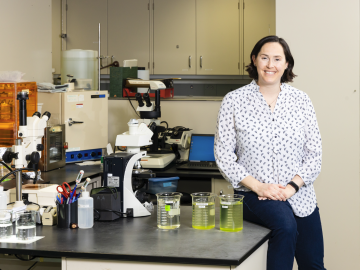
Louise Stevenson uses her expertise as an environmental toxicologist to evaluate the effects of stressors such as chemicals and other contaminants on aquatic systems.

In summer 2023, ORNL's Prasanna Balaprakash was invited to speak at a roundtable discussion focused on the importance of academic artificial intelligence research and development hosted by the White House Office of Science and Technology Policy and the U.S. National Science Foundation.
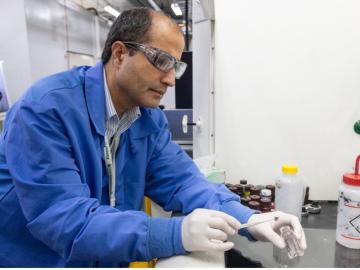
Electric vehicles can drive longer distances if their lithium-ion batteries deliver more energy in a lighter package. A prime weight-loss candidate is the current collector, a component that often adds 10% to the weight of a battery cell without contributing energy.


